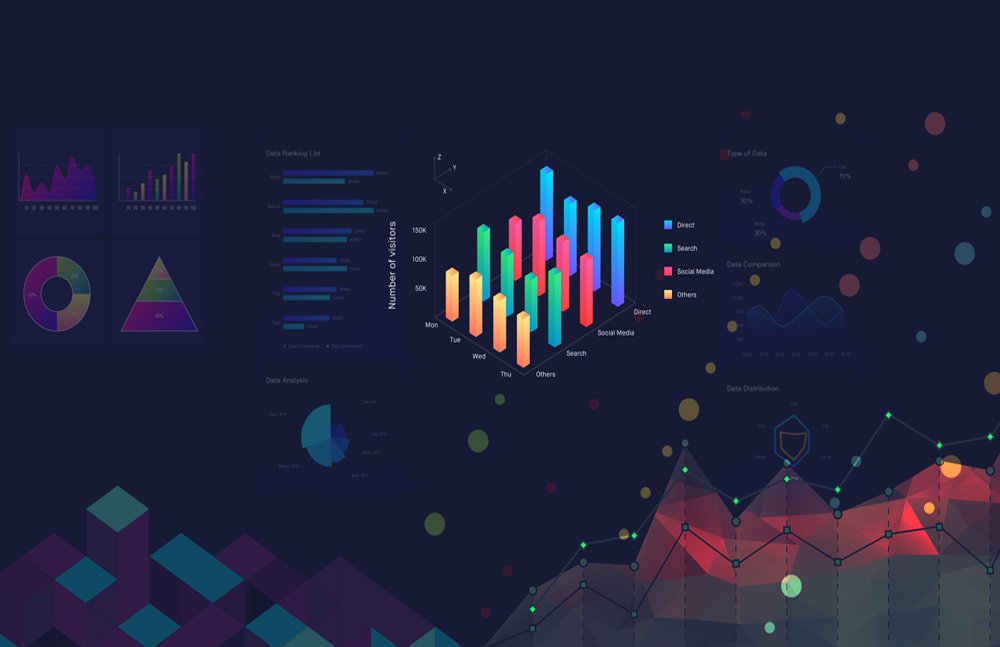
- Solutions
Technology Consulting
Product Engineering
From ideation to product launch, leveraging cutting-edge technologies to deliver innovative, scalable, and market-ready solutions.
Process Engineering
Tailored solutions to optimize & streamline business processes, enhancing efficiency, productivity, & operational performance
Digital Infrastructure Planning
Seamless integration of technology resources, enabling robust & scalable digital ecosystems tailored to your organization's needs
Technology Building
Web Application
Craft innovative, user-centric solutions that drive engagement, efficiency, & growth for your business
Mobile Application
Intuitive, high-performance apps across iOS & Android platforms, driving engagement & delivering exceptional user experiences
RFID System
Solution for tracking, monitoring, & management of assets, enhancing operational efficiency and security
Cloud DevOps
Systems with rapid deployment, scalability, and reliability in cloud environments
System Modernization
Upgrade legacy systems, enhance efficiency, security, & performance for seamless business operations
eGovernance Solutuons
GIGW Web Portal
Secure, user-friendly, & accessible web portals adgering to GIGW guidelines
CERT-In / STQC Audit
Comprehensive security audits & certification complied with CERT-In & STQC
Budget Management System
Budget monitoring, digitization of the demand requisitions, DSC based approvals, user defined workflows
Legal Case Management System
Manage all your legal cases, hearings, cause lists, history, documents & tasks at one place with intuitive dashboards & alerts
MEL (Monitoring, Evaluation & Learning) System
End-to-end scheme monitoring, evaluation & learning system for physical & financial progress monitoring
PFMS Integration
Integrate your Budgeting System with PFMS for financial transactions via PFMS
BI & Analytics
Analytical Dashboards
Develop inferences from your existing data and present meaningful information
Data Visualization
Visualizing your data intuitively with graphical dashboards, charts and graphs, processed data easy to understand
Decision Support Systems
Processing of multiple datasets & create a ecosystem where the management has clear visibility of the business
AI & IoT
LLM Model Integration (ChatGPT)
Using OpenAI & other opensource platforms for building your own LLM solutions
ChatBot
Don't leave your customers without the information they need, help them with 24x7 chatbots
Industry 4.0
Using the capabilities of IoT, cloud computing, enabling smart & connected devices and creating efficient production systems
Machine Learning
Track every detail about your vehicles and equipment from cradle to grave.
IoT
Track every detail about your vehicles and equipment from cradle to grave.
- Products
- Industries
- TROOLOG IQ
- Explore

